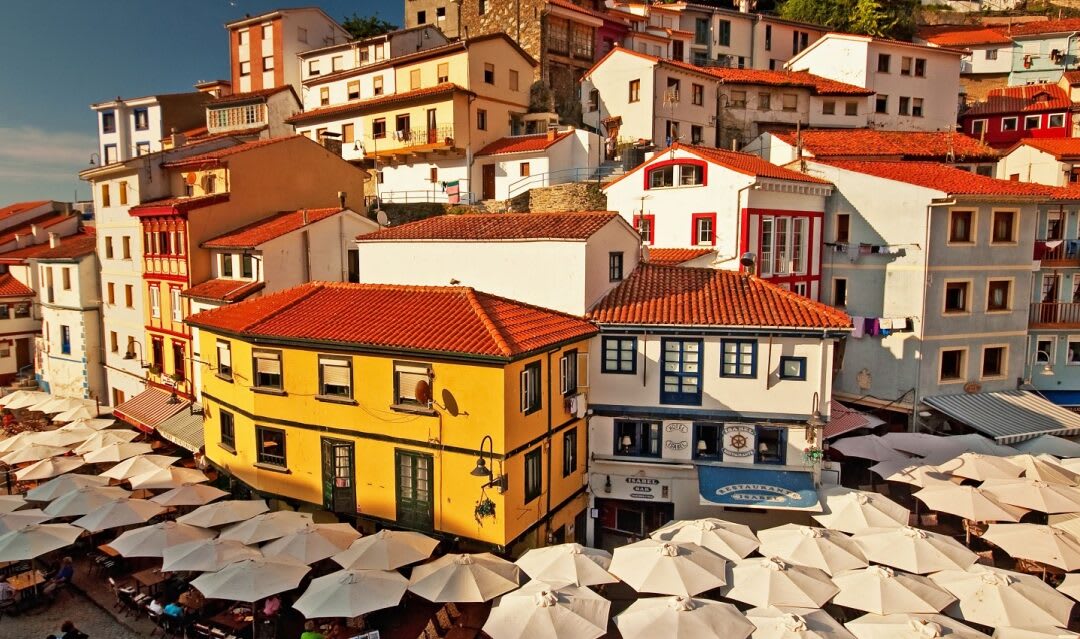The days of Airbnb’s steady rise appear to be long behind it. This shift in the short-term letting platform’s fortunes is reflected in its current share price, which is nearly half of its February 2021 high. It begs the question, if an industry leader is hurting so badly, can you, as a private individual, still make money from overseas rentals?
However, just because Airbnb is struggling, it doesn’t mean you have to.
The market is certainly more difficult for landlords as communities push back against shot-term lets. In October, more than 20,000 protestors took to the streets of Madrid to call for affordable housing. In July, tourists in Barcelona were hosed down with water and told to go home by angry residents.
Governments have also introduced new legislation and regulation that make letting a property overseas more difficult. Since 2018, Berlin has restricted short-term lets to rooms within apartments, rather than entire properties. In September last year, New York banned lets shorter than 30 days. And Barcelona plans to follow New York’s lead by 2028.
Neighbours are also getting new powers to frustrate landlords. The last UK government changed planning permission regulation to let residents veto homes being turned into short-term rental properties.
A lot of these new laws are designed to push tourists back into hotel rooms, resorts and properties managed by large companies. But there’s still hope for your dream of running a gite in the south of France or renting out a holiday home on the Spanish coast.
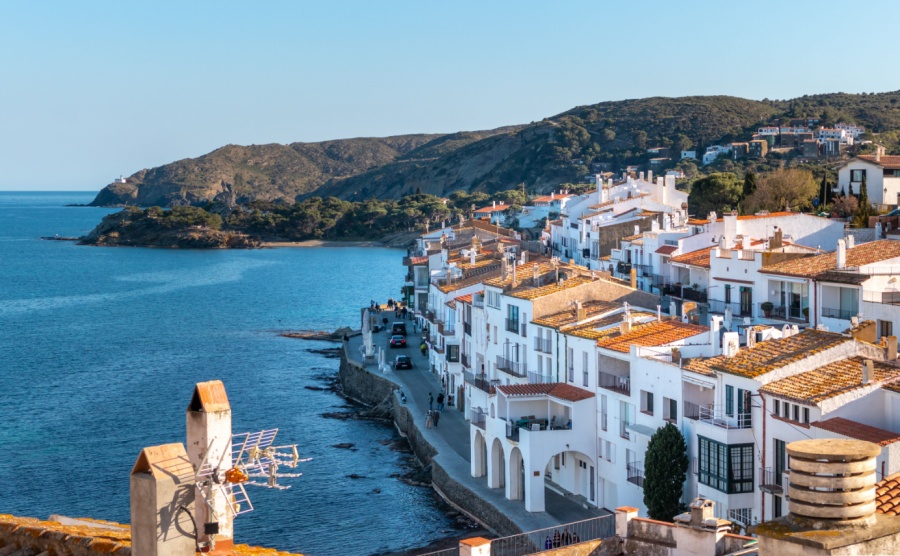
There’s still money to be made abroad
Keep everything in perspective
Before giving up on thoughts of running a rental property abroad you should put it in the context of owning a second property closer to home.
The recent budget increased stamp duty rates, adding thousands to second-home purchases
In the UK, for instance, the entry costs for a buy-to-let property are extremely high. Mortgage providers typically demand a significantly larger deposit and offer less competitive interest rates. The recent budget also saw stamp duty rates on buy-to-let and second homes increase, adding thousands to every purchase.
Pair those stamp duty increases with the high cost of property in the UK and property in Europe becomes much more attractive.
Know the ins and outs of your region
For all the headlines, operating a short-term let property is rarely prohibited. The restrictions placed on a landlord are often simply binding you to a level of service you would want to provide anyway. So don’t rule out buying abroad before you’ve investigated the area.
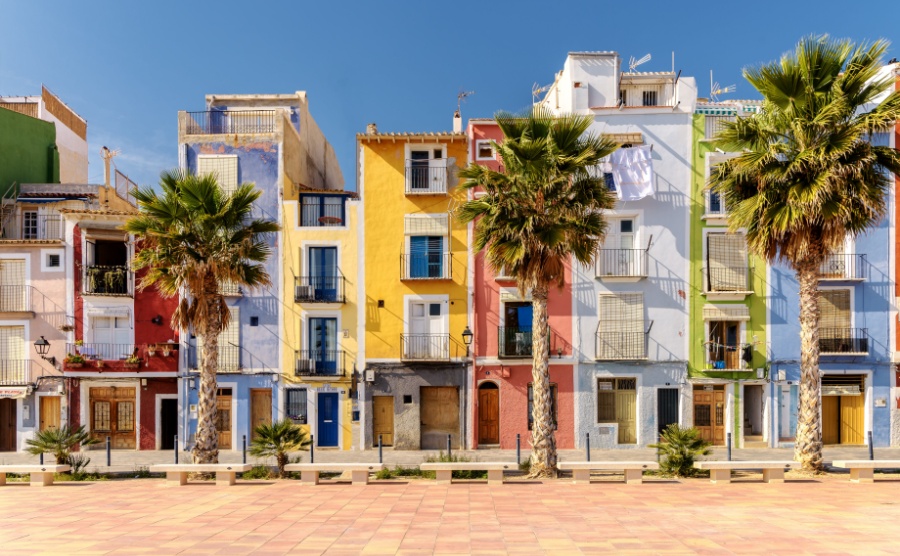
Regulations change from region to region in Spain
Spain
If you’re considering investing in Spanish property, you will need to acquire a Tourist License from your local Town Hall or Comunidad Autónoma.
The terms of the license vary from region to region. In Andalusia, for instance, you can rent out individual rooms in a property, in Valencia you can’t.
Some of the terms of your rental license will simply tie you to an acceptable level of service. Providing clean linen and a contact number for emergencies, for instance, or fitting the bathrooms with extractor fans. None of which should put you off buying abroad.
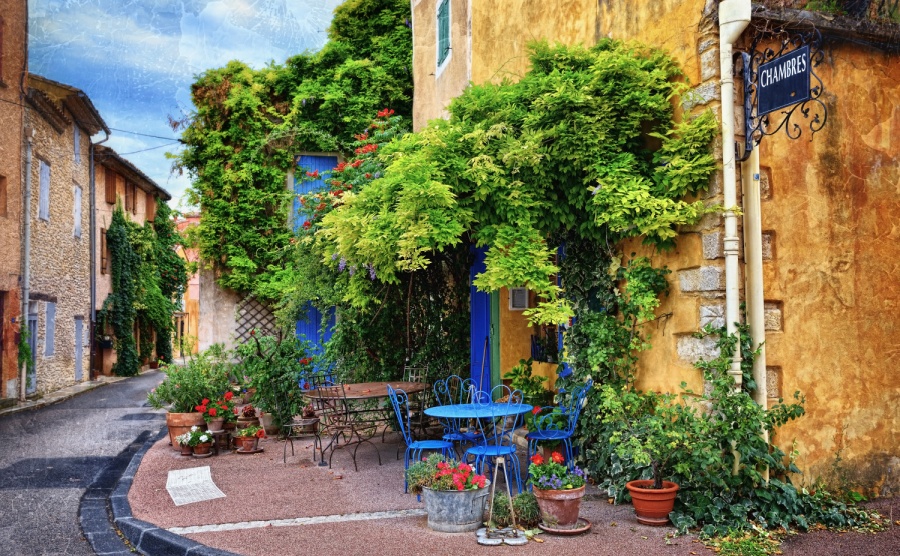
Some communes zone for main residences only
France
Property investment in France is no more complicated. As in Spain, there are regional regulations you should be aware of.
In Paris, for instance, only full-time Paris residents who declare their apartment as their main home are allowed to rent their apartment short term. In Montpellier, you can’t let your property out for more than 120 days in a year.
Individual communes can have their own rules, too, such as the power to zone areas exclusively for main residences.
Portugal
Before you can start letting your home in Portugal to guests, you’ll need a Alojamento Local license. Some municipalities restrict or prohibit licenses, so investigate this before making a purchase.
If you plan on investing in Portuguese property, you’ll also need to register your purchase with the land registry officer to secure your legal rights as the owner.
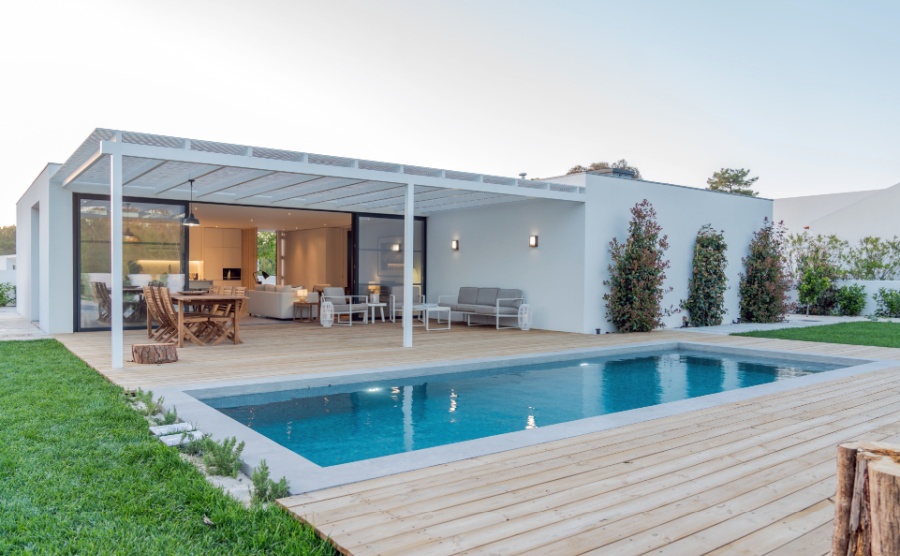
Land registry is an important step when buying property in Portugal
If you aren’t wedded to a particular location already, Global Property Guide maintains an index on country’s that are pro- or anti-landlord. This can be a good steer for where to begin your property search.
Let the professionals help
You don’t need to do all of this research and paperwork by yourself. There are many professionals who can help.
Property lawyers
When you find a property you want to purchase, speak with your lawyer. They will be able to find out all the local regulations.
A lawyer can walk you through the process of applying for any licenses you may need. They may even be able to apply for licenses on your behalf.
Currency expertise
As well as the property purchase, once you rent out a property overseas there will be regular flows of money backwards and forwards. You can automate that with a regular payment plan from Smart Currency.
You can also use a forward contract to ensure you are making payments at the same exchange rate for the year ahead; an invaluable tool in budgeting for what is, after all, a business decision.
Property managers
Once you’ve made your purchase you don’t need to handle the rental work, either. You can employ a property manager to take care of the day-to-day business.
Having local help can be essential
In countries like Spain, where you may be required to confirm a guests’ identity documents before handing over the keys, having local help can be essential. Unless you plan to live nearby yourself.
A property manager will reduce your earnings, but they will also take away many of the stresses involved in running a rental.
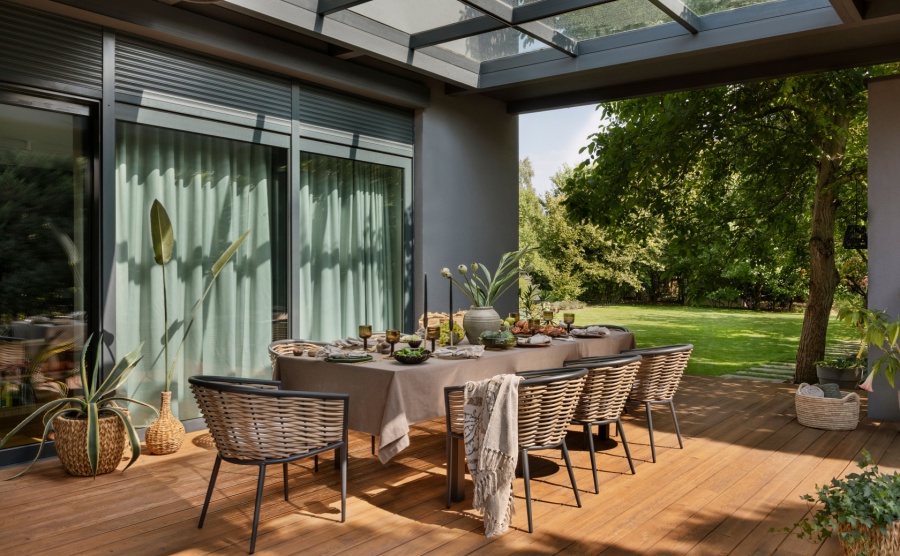
Make your home shine in every photo
Maximise your rental’s potential
Once you’ve done all the hard work of acquiring a property and getting the paperwork in order, to increase its earning potential you should put your home’s best foot forward.
Before you open your home up to guests you should work out what kind of guest you would like to attract. Is your home an apartment more suitable for couples than a family? Is it a villa set up for multiple families to stay at a time? Having a clear idea for your rental will guide how you furnish the property and describe it in your listing.
For instance, if you plan to host families then consider stocking the living room with board games. If you have a pool, then floats and pool toys can make your property stand out from others less-well catered to children.
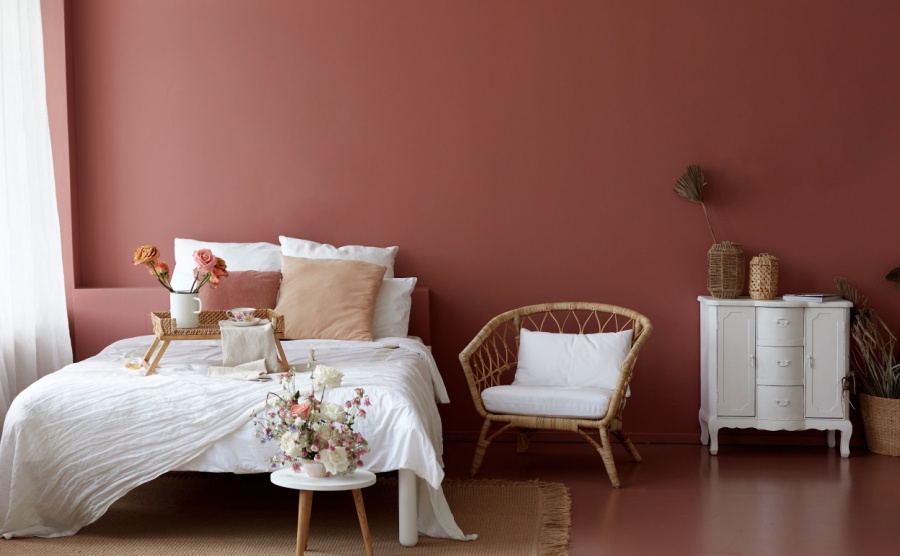
Make it easy for your guests to picture their stay
If you want to host couples, open your property up for shorter weekend and midweek stays. Those travelling without children are freer to travel outside of school holidays and for brief stays.
Picture your guest’s stay. Is your property located in the countryside, away from restaurants and dining spots? Stock the kitchen with the crockery and utensils that will let guests cater for themselves.
Stage rooms so its easer for guests to picture themselves there
It’s vital you also show your home at its best by taking time over your photos. Make sure rooms aren’t too dark or washed out by harsh artificial light. As well as cleaning and tidying the property, you can stage rooms so its easer for guests to picture themselves there. Set the dining table, for instance, as though it is ready for a meal.
Armed with your photos and your plans for the property, craft a listing that sells the potential of your home, so guests are excited to book with you.
Take out all the work with a leaseback
A lot of the advice above is directed to people looking to buy a holiday home that they rent when they’re not using it. If you are more interested purely in an investment opportunity, then you should investigate a leaseback scheme.
They run all aspects of managing the let and you receive an annual income twice a year
Leasebacks are a French Government incentive scheme where you purchase a holiday home within a resort, usually equipped with facilities such as a pool or gym. You own the freehold of the property, but you lease it back to the property developer that owns the complex. They then run all aspects of managing the let and you receive an annual income twice a year.
It’s an attractive investment opportunity if you aren’t interested in staying in the resort yourself.

